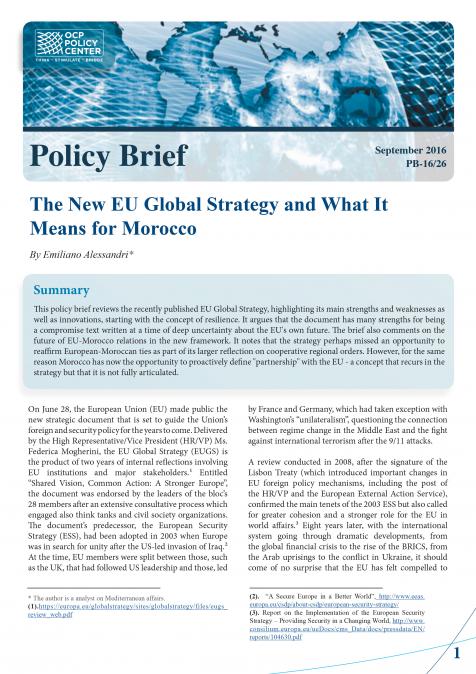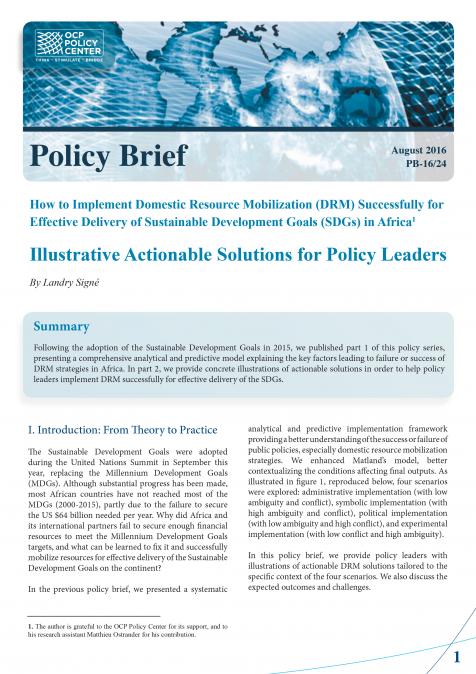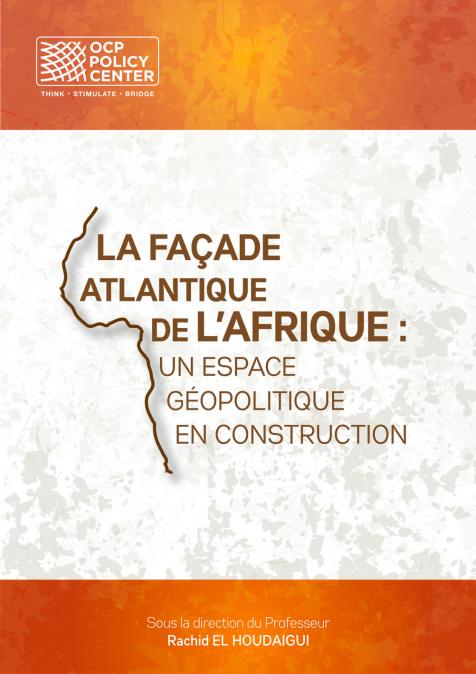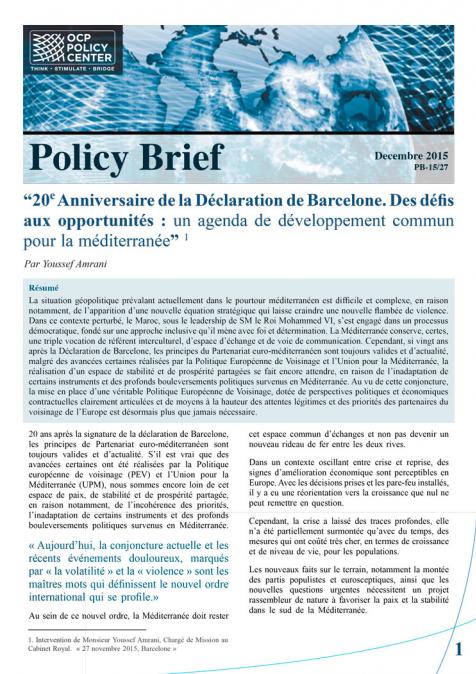Podcasts
Developing Dynamics of EU-Africa Relations
Related topics:
This podcast is performed by Cristina Barrios. As the EU shapes its new Global Strategy, the strategy for Africa is to trigger “a virtuous circle in the development-security-migration nexus” and promote a comprehensive approach to the continent. The post-Cotonou agreement framework will need to bolster a security and economic partnership between Africa and the EU, since both actors could benefit from a rebalancing of the relationship, learning lessons from the inadequacy of a donor-recipient approach. The European environment is no longer “so prosperous, so secure, nor so free” and challenges regarding demographics, migration and terrorism on both continents are deeply intertwined. While Sub-Saharan Africa could become a great engine of growth owing to an abundance of natural resources, a young population, surging external demand and a consumer boom, significant economic and socio-political risks also remain. Increasing cooperation and proposing a global approach on migration, security and economic issues is critical for the EU-Africa partnership to achieve, and benefit from, sustainable development. This briefing will give an overview of the EU Global Strategy, with a focus on rethinking the EU-Africa partnership, and will discuss how the Commission and the EEAS will cooperate to implement the lessons learnt from the 2003 European Security Strategy and the Cotonou agreement to help unlock Africa’s potential.






